Dry dates, a popular and nutritious dried fruit, come in various colors and varieties, each with its unique flavor profile and health benefits. Black dry dates and brown dry dates are two common types that are widely consumed around the world. In this article, we will explore the differences between black and brown dry dates, their nutritional content, and the potential health benefits of including them in your diet. **Color and Appearance** One of the most noticeable differences between black and brown dry dates is their color. Black dry dates, as the name suggests, have a dark, almost black exterior, while brown dry dates have a lighter brown color. The difference in color is a result of the drying process and the type of date palm from which the dates are harvested. **Flavor and Texture** When it comes to flavor, black dry dates tend to have a richer, more intense taste compared to brown dry dates. The darker color of black dry dates is often an indication of a more caramel-like sweetness and a deeper, more complex flavor profile.
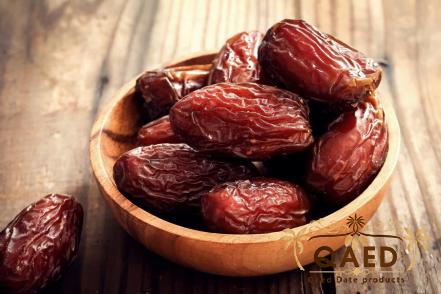
.
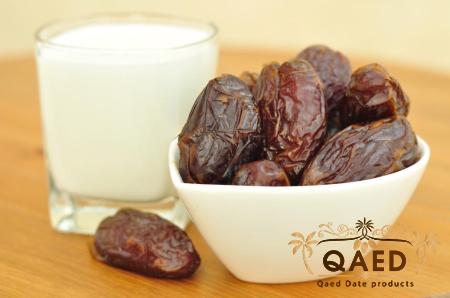 On the other hand, brown dry dates typically have a milder taste with a pleasant sweetness and chewy texture. **Nutritional Content** Both black and brown dry dates are packed with essential nutrients, making them a healthy snack option. Dates are an excellent source of natural sugars, including glucose, fructose, and sucrose, which provide a quick energy boost. They are also rich in fiber, which aids in digestion and helps keep you feeling full for longer. In terms of vitamins and minerals, dates are a good source of potassium, magnesium, iron, and vitamin B6. Potassium is essential for maintaining proper heart function and muscle contractions, while magnesium plays a vital role in energy production and bone health. Iron is important for the production of red blood cells, and vitamin B6 is necessary for converting food into energy. While both black and brown dry dates share similar nutritional profiles, black dry dates may offer slightly higher levels of certain nutrients due to their more concentrated flavor. However, the differences in nutritional content between the two variations are relatively minimal, and both types can be a valuable addition to a balanced diet. **Health Benefits** Including black or brown dry dates in your diet can provide a range of health benefits. These include: 1. Improved Digestion: The high fiber content in dates can help promote healthy digestion and prevent constipation. 2. Heart Health: Dates are rich in potassium, which can help regulate blood pressure and support cardiovascular health.
On the other hand, brown dry dates typically have a milder taste with a pleasant sweetness and chewy texture. **Nutritional Content** Both black and brown dry dates are packed with essential nutrients, making them a healthy snack option. Dates are an excellent source of natural sugars, including glucose, fructose, and sucrose, which provide a quick energy boost. They are also rich in fiber, which aids in digestion and helps keep you feeling full for longer. In terms of vitamins and minerals, dates are a good source of potassium, magnesium, iron, and vitamin B6. Potassium is essential for maintaining proper heart function and muscle contractions, while magnesium plays a vital role in energy production and bone health. Iron is important for the production of red blood cells, and vitamin B6 is necessary for converting food into energy. While both black and brown dry dates share similar nutritional profiles, black dry dates may offer slightly higher levels of certain nutrients due to their more concentrated flavor. However, the differences in nutritional content between the two variations are relatively minimal, and both types can be a valuable addition to a balanced diet. **Health Benefits** Including black or brown dry dates in your diet can provide a range of health benefits. These include: 1. Improved Digestion: The high fiber content in dates can help promote healthy digestion and prevent constipation. 2. Heart Health: Dates are rich in potassium, which can help regulate blood pressure and support cardiovascular health.
..
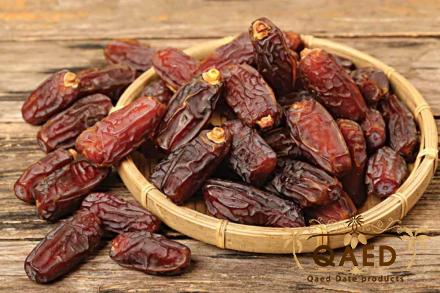 3. Energy Boost: The natural sugars in dates make them an excellent source of quick energy, making them a perfect snack for when you need a pick-me-up. 4. Bone Health: The presence of minerals like calcium and magnesium in dates can contribute to maintaining strong bones and preventing osteoporosis. 5. Antioxidant Properties: Dates contain antioxidants such as flavonoids, carotenoids, and phenolic acid, which can help protect cells from damage caused by free radicals. **How to Incorporate Black or Brown Dry Dates into Your Diet** There are numerous ways to enjoy black or brown dry dates as part of your regular diet. Here are a few ideas: – Snack on them plain as a quick and nutritious energy boost. – Add chopped dates to oatmeal or yogurt for a natural sweetener. – Use dates as a natural sweetener in baking recipes, such as cookies and energy bars. – Blend dates into smoothies for added sweetness and fiber. – Stuff dates with nuts or cheese for a delicious appetizer or snack. **Conclusion** In conclusion, both black and brown dry dates are delicious and nutritious dried fruits that offer a range of health benefits. While black dates may have a stronger flavor profile, both variations provide essential nutrients and can be a valuable addition to a balanced diet. Whether you prefer the intense sweetness of black dates or the milder taste of brown dates, incorporating dates into your diet can help you maintain good health and enjoy a tasty treat at the same time. ** It’s important to note that while black dry dates and brown dry dates have their unique characteristics, the decision between the two ultimately comes down to personal preference.
3. Energy Boost: The natural sugars in dates make them an excellent source of quick energy, making them a perfect snack for when you need a pick-me-up. 4. Bone Health: The presence of minerals like calcium and magnesium in dates can contribute to maintaining strong bones and preventing osteoporosis. 5. Antioxidant Properties: Dates contain antioxidants such as flavonoids, carotenoids, and phenolic acid, which can help protect cells from damage caused by free radicals. **How to Incorporate Black or Brown Dry Dates into Your Diet** There are numerous ways to enjoy black or brown dry dates as part of your regular diet. Here are a few ideas: – Snack on them plain as a quick and nutritious energy boost. – Add chopped dates to oatmeal or yogurt for a natural sweetener. – Use dates as a natural sweetener in baking recipes, such as cookies and energy bars. – Blend dates into smoothies for added sweetness and fiber. – Stuff dates with nuts or cheese for a delicious appetizer or snack. **Conclusion** In conclusion, both black and brown dry dates are delicious and nutritious dried fruits that offer a range of health benefits. While black dates may have a stronger flavor profile, both variations provide essential nutrients and can be a valuable addition to a balanced diet. Whether you prefer the intense sweetness of black dates or the milder taste of brown dates, incorporating dates into your diet can help you maintain good health and enjoy a tasty treat at the same time. ** It’s important to note that while black dry dates and brown dry dates have their unique characteristics, the decision between the two ultimately comes down to personal preference.
…
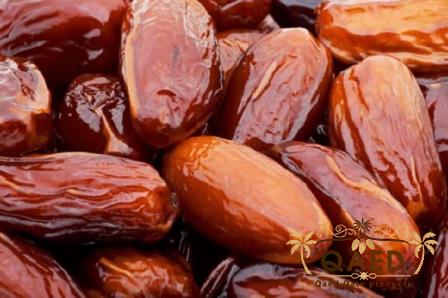 Some individuals may enjoy the intense sweetness of black dates, while others may prefer the milder taste of brown dates. Whichever variety you choose, you can rest assured that both types of dry dates offer a plethora of health benefits and can be a versatile ingredient in your culinary adventures. When selecting dry dates, it’s advisable to look for varieties that are organic and free from additives or preservatives. This ensures that you’re getting the most natural and nutritious product possible. You can find black and brown dry dates in most grocery stores or specialty markets, as well as online retailers that specialize in dried fruits and nuts. In terms of storage, dry dates should be kept in a cool, dark place in an airtight container to maintain their freshness and prevent them from drying out further. If stored properly, dry dates can last for several months and remain a delicious and nutritious snack option. In conclusion, black dry dates and brown dry dates are both fantastic choices for those looking to incorporate more nutrient-dense foods into their diet. Whether you enjoy the robust sweetness of black dates or the subtler flavor of brown dates, adding dry dates to your meals and snacks can provide you with a burst of energy, essential vitamins and minerals, and a delicious treat to enjoy any time of the day. So, next time you’re craving a sweet and satisfying snack, consider reaching for a handful of black or brown dry dates. Your taste buds and your body will thank you for choosing these nutrient-packed dried fruits that offer both flavor and health benefits in every bite.
Some individuals may enjoy the intense sweetness of black dates, while others may prefer the milder taste of brown dates. Whichever variety you choose, you can rest assured that both types of dry dates offer a plethora of health benefits and can be a versatile ingredient in your culinary adventures. When selecting dry dates, it’s advisable to look for varieties that are organic and free from additives or preservatives. This ensures that you’re getting the most natural and nutritious product possible. You can find black and brown dry dates in most grocery stores or specialty markets, as well as online retailers that specialize in dried fruits and nuts. In terms of storage, dry dates should be kept in a cool, dark place in an airtight container to maintain their freshness and prevent them from drying out further. If stored properly, dry dates can last for several months and remain a delicious and nutritious snack option. In conclusion, black dry dates and brown dry dates are both fantastic choices for those looking to incorporate more nutrient-dense foods into their diet. Whether you enjoy the robust sweetness of black dates or the subtler flavor of brown dates, adding dry dates to your meals and snacks can provide you with a burst of energy, essential vitamins and minerals, and a delicious treat to enjoy any time of the day. So, next time you’re craving a sweet and satisfying snack, consider reaching for a handful of black or brown dry dates. Your taste buds and your body will thank you for choosing these nutrient-packed dried fruits that offer both flavor and health benefits in every bite.

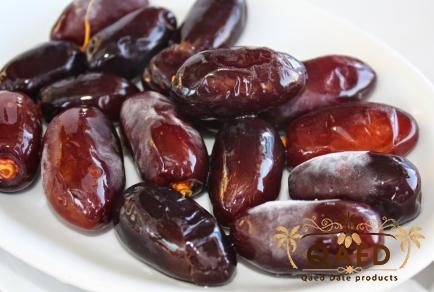
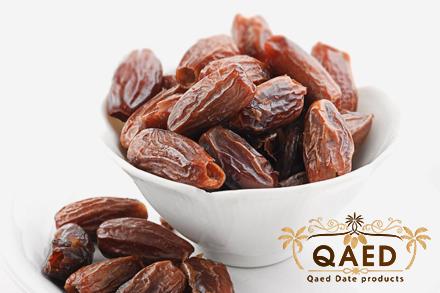
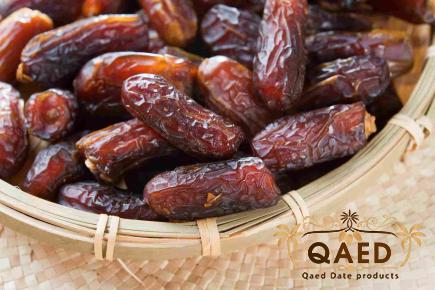
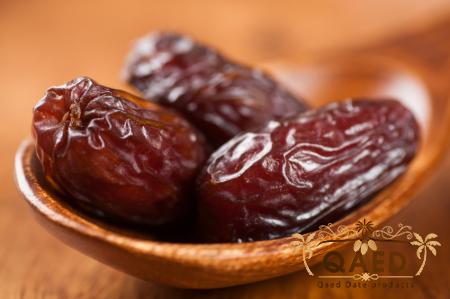
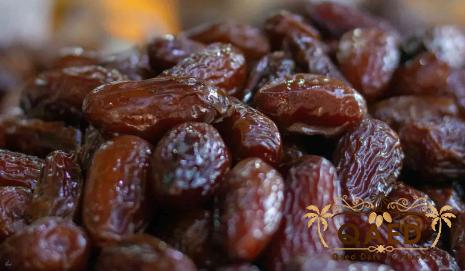
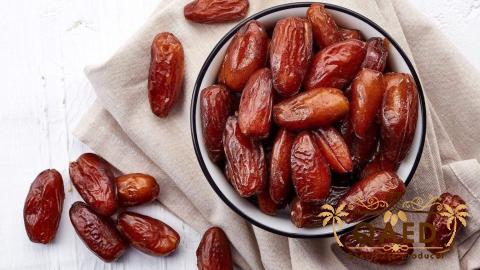

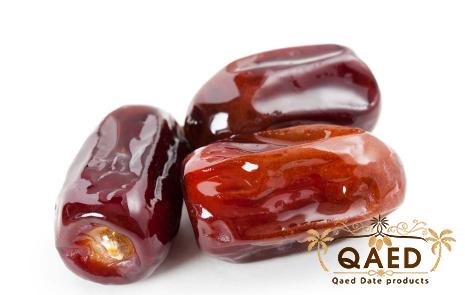
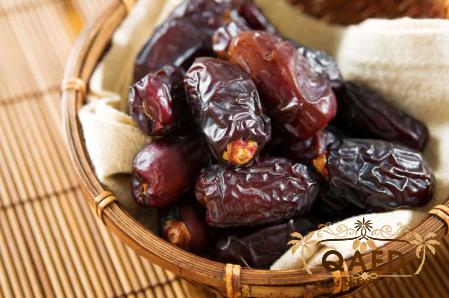
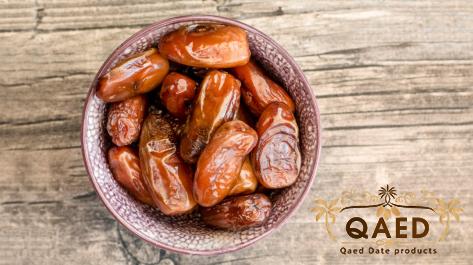
Your comment submitted.